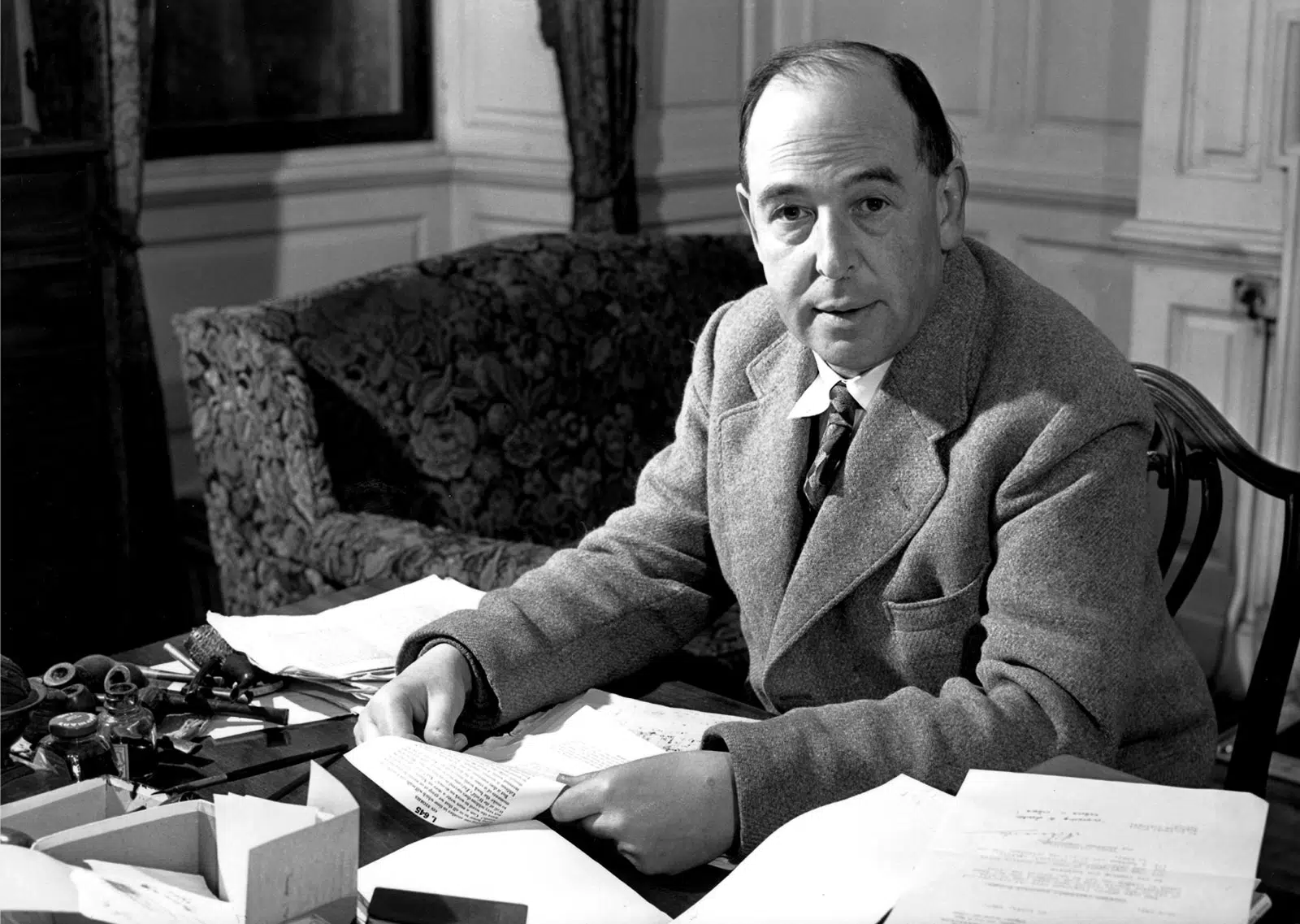Photo Credit: AF Archive/Alamy
While listening to a couple of interviews over the last couple of days. I was turned onto an essay from one of my favorite authors, C.S. Lewis. In 1948, shortly after the invention of the atomic bomb was invented, a question arose from people wondering about how they should live considering the unfathomable devastation that had just been harnessed and weaponized. At any moment they could be vaporized by this new threat. Lewis wrote a short essay about how we should live considering this new threat. I think it holds a lot of wisdom for our current pandemic situation.
Please take note, I am not saying that masks, hand washing, and social distancing are things we should throw away. I realize this virus is real. I have had friends die from it, struggle hard with it, and those that have not had a lot of issues with it. I have had it myself. What I do question is the attitude we approach this with and wonder what we are teaching children and young folks by our actions and attitudes. Are we living in fear and teaching others to do the same, or are we approaching this as just another of many dangers that emerge from time to time in our world, and while taking appropriate precautions, we aren’t letting this thing dominate us with fear and despair? We do what we can in the meantime and one day some other threat will emerge, but between those things and even in the middle of them, there is a life left to live. Something to consider and, I hope, encourage you. Below is an excerpt from C.S. Lewis’s “On Living in an Atomic Age” from his collection of essays ironically entitled, “Present Concerns.”
An excerpt from
“On Living in an Atomic Age”
by C S Lewis
In one way we think a great deal too much of the atomic bomb. “How are we to live in an atomic age?” I am tempted to reply: “Why, as you would have lived in the sixteenth century when the plague visited London almost every year, or as you would have lived in a Viking age when raiders from Scandinavia might land and cut your throat any night; or indeed, as you are already living in an age of cancer, an age of syphilis, an age of paralysis, an age of air raids, an age of railway accidents, an age of motor accidents.”
In other words, do not let us begin by exaggerating the novelty of our situation. Believe me, dear sir or madam, you and all whom you love were already sentenced to death before the atomic bomb was invented: and quite a high percentage of us were going to die in unpleasant ways. We had, indeed, one very great advantage over our ancestors—anesthetics; but we have that still. It is perfectly ridiculous to go about whimpering and drawing long faces because the scientists have added one more chance of painful and premature death to a world which already bristled with such chances and in which death itself was not a chance at all, but a certainty.
This is the first point to be made: and the first action to be taken is to pull ourselves together. If we are all going to be destroyed by an atomic bomb, let that bomb when it comes find us doing sensible and human things—praying, working, teaching, reading, listening to music, bathing the children, playing tennis, chatting to our friends over a pint and a game of darts—not huddled together like frightened sheep and thinking about bombs. They may break our bodies (a microbe can do that) but they need not dominate our minds. — “On Living in an Atomic Age” (1948) in Present Concerns: Journalistic Essays













Comments